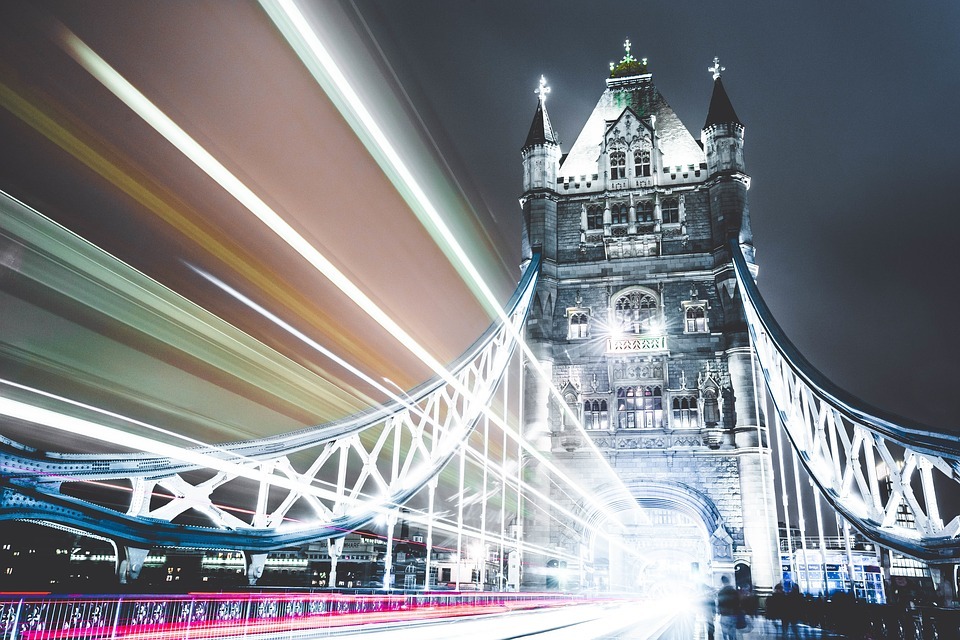In a democracy, we vote to make crucial decisions. In a republic, we vote for people who vote in our place to make critical decisions. In some cases, an important decision leaves the representatives so divided the decision is passed to the people to vote on directly. We call this a “Referendum.”
Sometimes, however, politicians will call referendums on issues with an expected result in mind, in order to legitimize their own positions. And then, sometimes, the electorate proves them wrong, and the government is horrified that the peasants dared to disagree with the powers that be. They’re shocked, but not in a good way, as if they had played the games at the Thunderbolt online casino.
That is precisely what’s been playing out with this whole Brexit scenario.
The First Referendum
If you’ve been following this three-year melodrama, your head has probably spun more than a few times trying to comprehend all the details. Let me summarize it all as best I can.
Back in 2016, ex-Prime Minister David Cameron agreed to hold a referendum to decide whether or not the United Kingdom should continue as a member of the European Union. To everyone’s surprise (and especially the establishment’s), the people decided to leave with a small majority (51.9% in favor of leaving).
And everyone lost their minds!
Politicians, red-faced and crying, held hands with “journalists” who screeched about how “racist” and “xenophobic” the British population must be to ever conceive of leaving the golden Utopian superstate that is the European Union.
Why Brexit?
Why did a majority of the populace vote to leave the European Union, though? What were they thinking? After all, leaving seems to be bad for the economy, British citizens will no longer get to move around Europe freely, and there’s that whole deal with the Irish Backstop (which the politicians promise is totally, like, super important).
Let me start with what I believe is the second biggest reason that the UK voted to leave: The unaccountably of Brussels. You see, from the perspective of the British citizen, the EU is unaccountable in a way that the PM and parliament are. The UK’s representatives in the EU are outnumbered by a vast majority of representatives of other nations who have no connection to the UK or the UK’s interests. Parliament, while divided between very ideologically different political parties, all have Britain’s best interest in mind (at least in theory).
Now, the largest and most important reason, I believe, that the public supports Brexit rests entirely on the issue of Mass Immigration. Now let me make something clear. Brexiteers are not racist. They are not xenophobic. They do not hate immigrants or minorities, and they don’t believe in the superiority of the white race.
What do they believe then?
Brexiteers are traditional and pragmatic. With Millions of immigrants who enter the United Kingdom every year, places that used to be the beating heart of British culture and Western Democracy have been slowly eroded. Expanding bubbles of foreign cultures are replacing the local ones (Most notably, London itself. Check it’s demographic shift in the past ten years).
The lack of encouragement to assimilate means that instead of melting together to create one, untied, superior culture, pockets of different cultures with different interests and agendas are creating a fractured, disunited population.
With the free-flow of immigrants into the country, it’s simply unsustainable, both on a social and economic level. The NHS is overextended and cannot keep up (Look at the spending increases every year).
Acid attacks and stabbings, which were unheard of before the massive spike in immigration, are now “part and parcel of living in the big city,” as Sadiq Khan, the current mayor of London, would put it.
By the way, the policy of mass immigration was implemented by Angela Merkel, the current leader of the European Union, which leads right back to the other primary reason for Brexit- a lack of agency.
The Second and Third Referendums on Brexit
Now, if you read the title (and I certainly hope you did if you’ve read this far), you may have been wondering what on Earth I mean when I say third Brexit referendum. After all, there was one referendum on Brexit, wasn’t there?
Yes and no.
You see, there have been not one but two elections that have happened in the UK since the referendum back in 2016. Since the establishment has been so firmly against Brexit for the past three years, the British people have made their voices heard now twice that, yes, they really do, in fact, want Brexit.
The irony is that the media and the establishment have been calling for a second referendum since Brexit was voted for. A vote which they titled, “The Peoples Vote.”
Regardless, the people have voted twice more and have made their opinion on Brexit quite clear, in my opinion. In the MEP elections earlier this year, the Brexit Party got twenty-nine seats, beating out all other parties by a wide margin, despite being a brand new party itself.
Then, just a few days ago, parliament finally had elections to decide whether the people supported the pro-Brexit conservatives or were they really Remainers in actuality, as the media had been saying for the past three years. And with the conservatives winning a vast majority, and it’s finally definitive that yes, Brexit is definitely what the people want, and it’s what the people are going to get.

